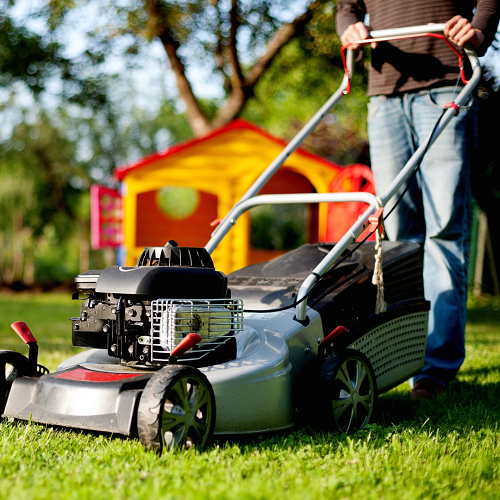Many jobs today require technical and hands-on training beyond the scope of conventional k-12 education. These companies are looking for what educators have called Career and Technical Education (CTE). Skilled laborers are often well aware of the shortage of newcomers to the field which has caused wages to increase for these jobs. This fact in addition to the emergence of user-generated content platforms like YouTube has increased interest in skilled trades for young people entering the workforce or for millennials who are looking to make a career change.


Communities are responding by allocating resources to create more technical training centers to give high schoolers a path into the trades. However, educators are often having a hard time undoing decades of bias against skilled labor. Young people have often internalized a consistent message from educators: Skilled trades are the alternative, often seen as a last resort, if the student struggles in the academic realm.
Two things: 1. Skilled work is not a last resort career—it’s a viable career path. As the son of a lifelong electrician I have firsthand experience with the positive impact that skilled work can have on a family. 2. I think high school is too late to bring more training to young people. High schoolers may be more physically capable of doing conventional skilled labor, but they’ve also had more time to internalize the biases of the adults in their lives. Someone ordinarily interested in a trade might be less inclined to pursue one, thinking of it as beneath them, if they see that the adults in their lives treat it like an “alternative.”


There are ways that we can give interested young people access to these valuable skills even as early as preschool. We need to recognize the transferrable skills and experiences needed by tradespeople and then shape our learning environments around those experiences. These experiences may be as simple as helping to change a furnace filter in a home to as complex as helping to plan and do the appropriate tasks of building a barn or understanding a small engine. I don’t mean to imply that you and your child can do anything if you put your heads together, but learning how to do more things is a great way to connect and learn things you are both interested in. And please practice caution! There’s no value in jumping in without knowing what you’re doing if you or someone you love could get hurt. Consult experts before you dive into a new task! Even that research is a great learning opportunity for you both. It tells your child, “I don’t know everything and I may do something wrong so I’m going to look some things up before we get started.”
Parents are especially well-positioned to give their children these kinds of experiences outside of the school day. Inviting your children to participate to the extent of their ability and interest can give them exposure to all kinds of learning opportunities they are missing at school. You might consider thinking of your life with your children as an apprenticeship.
For me, when I take the time to focus on one of these skills or maintenance on a piece of equipment, my kids have the opportunity to learn either by watching, hearing me talk about it, or by helping. They’ve shown a lot of interest in our weed trimmer, mower, and our various garden tools. Throughout their observations they are developing a map of the world, learning by watching me and asking me questions.

Work is not a punishment. Too many parents use skilled work as a punishment which I think sends the wrong message. We would do well to give our kids ample opportunities to watch and help us maintain the home and the community we live in. Instead of entering high school with no idea what they want to do for work, maybe they’ll know, and they’ll be able to find the appropriate training and get into a line of work that is meaningful and helps them support themselves as well. Maybe they’ll just know enough that they can fix household problems before they get too bad or recognize when they need to call a skilled worker for help. Watching my basement flood is not a time for me to grab the kids and have a problem-solving session! It’s time to pick up the phone and call someone who knows what to do!
In the end, this isn’t just about a good job or even valuable life skills. The world is full of tinkerers who repair things as a way to relax or they do it for fun. The earlier people can find things they enjoy doing in life the better. Let’s not wait until kids are in high school to let them start exploring their interests.
This article was written by Philip Mott. Learn more about him on his website.
